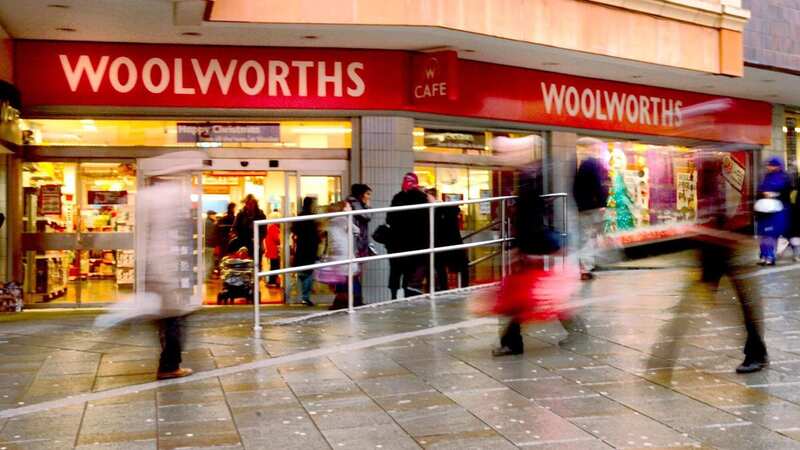The scandal behind Woolworths from bombings to fires and fatalities

Retail store Woolworths was a shopper’s favourite for many years but it faced huge struggles before finally closing, from being bombed in the war, to terrorist attacks and multiple fatal fires.
Many will have extremely fond memories of Woolworths, the hugely popular high street store where you could pop in for the latest album on vinyl, pick up some cheap wine glasses, grab the kids a birthday present and a bag of pick n mix sweets on the way out.
Over the years Woolies, as it became affectionately known, branched out into many different areas including clothing, with its own kids’ range, Ladybird and Chad Valley toys, which are still sold to this day by Argos and Amazon.
It offered gardening equipment, kitchen appliances, perfumes, hardware and even launched its own music label, Embassy Records, which was massively successful selling covers exclusively in its stores. In fact there wasn't much you couldn’t buy at some point in Woolworths.
They launched a value range, WorthIt! to compete with other brands in 2007, which featured characters Wooly the sheep and Worth the sheepdog. Ads for the range starred celebrities such Rolf Harris, Kelly Osbourne and Jackie Chan.
 Bank of Dave self-made millionaire giving away money to 'keep kids working hard'
Bank of Dave self-made millionaire giving away money to 'keep kids working hard'
The shop was brought to the UK from America by Frank Woolworth and he opened the first store in Liverpool in 1909 to much fanfare. Its success soon meant branches were popping up all over the country and indeed the world. By the late 1960s, there was a peak of 1,141 Woolworths worldwide.
However, the success story wasn’t without its battles, many of which came at the price of its employees' lives. During the early part of the Second World War, numerous branches of Woolworths were severely bombed or destroyed by the Luftwaffe. In 1944, the worst of these attacks occurred when a packed-out store was hit by a German rocket. 168 people, including 15 children, died and 122 others were injured.
The shop had been especially busy because word had spread they had received a delivery of saucepans, which were scarce during the war and people had been queuing outside to buy one.
Tragedies struck again for a whole decade between the years of 1971 to 1981 when the company’s safety policies surrounding fire procedures were called into question. Following two blazes, one at a Woolies warehouse and another at a store in Colchester, a huge fire broke out at the large Manchester branch opposite Piccadilly Gardens. Nine shoppers and one member of staff were killed and the six floor building, with two basements, suffered massive damage.
Another two store fires broke in the years after the Manchester one and a devastating one at the Wimbledon branch took the life of a firefighter and completely destroyed the building.
The company was also affected by terrorists when the IRA targeted incendiary attacks at high-profile British businesses in Northern Ireland. A number of stores were badly damaged in a series of explosions, although no one was killed.
Despite these disasters, the company continued to trade and fight industry battles such as the rise of online retail, fierce competition from other retailers and financial pressures. It finally fell into administration in 2008.
Ironically after insolvency was announced, the company recorded its largest single day takings of £27 million.. Shoppers rushed to closing down sales and into Woolies branches for the last time, with many stores completely selling all their stock.
All of its 807 stores were gone by January 2009, with over 27,000 people left unemployed - it was £385 million pounds in debt at the time of closure. The financial crisis at the time and the rise of online retail was blamed for the loss of the company.
Although there was a tweet from “Woolworths UK” in 2020 that the retailer was returning to high streets, with the opening of three stores, it turned out to be a hoax, much to the disappointment of its loyal fans, who last year voted it the shop they'd like to see make a comeback most.
 Big Four banks made £20billion in 9 months as households battled interest rates
Big Four banks made £20billion in 9 months as households battled interest rates
However CEO Roman Heini is leading an expansion of Woolworth into Germany and he says opening UK stores is on his "bucket list" so there could be hope for Woolies yet.
Do you remember Woolies? Let us know in the comments below.
Read more similar news:
Comments:
comments powered by Disqus

































